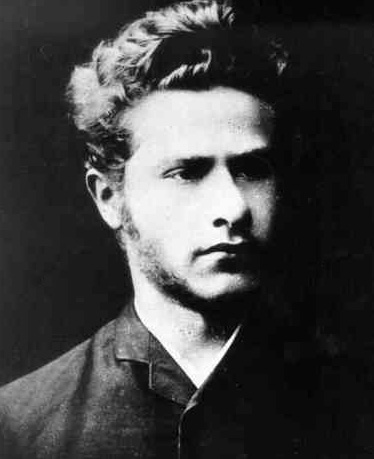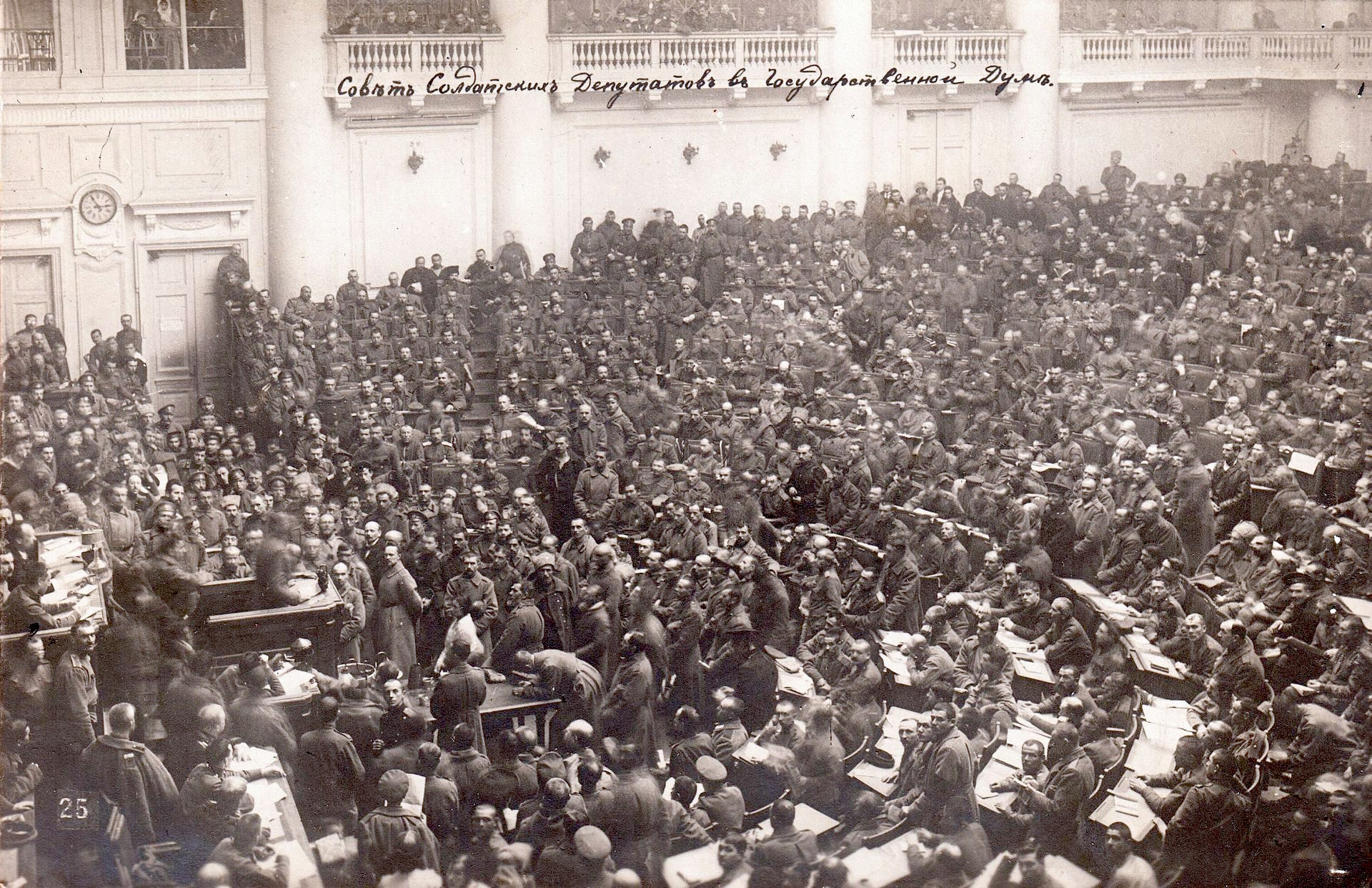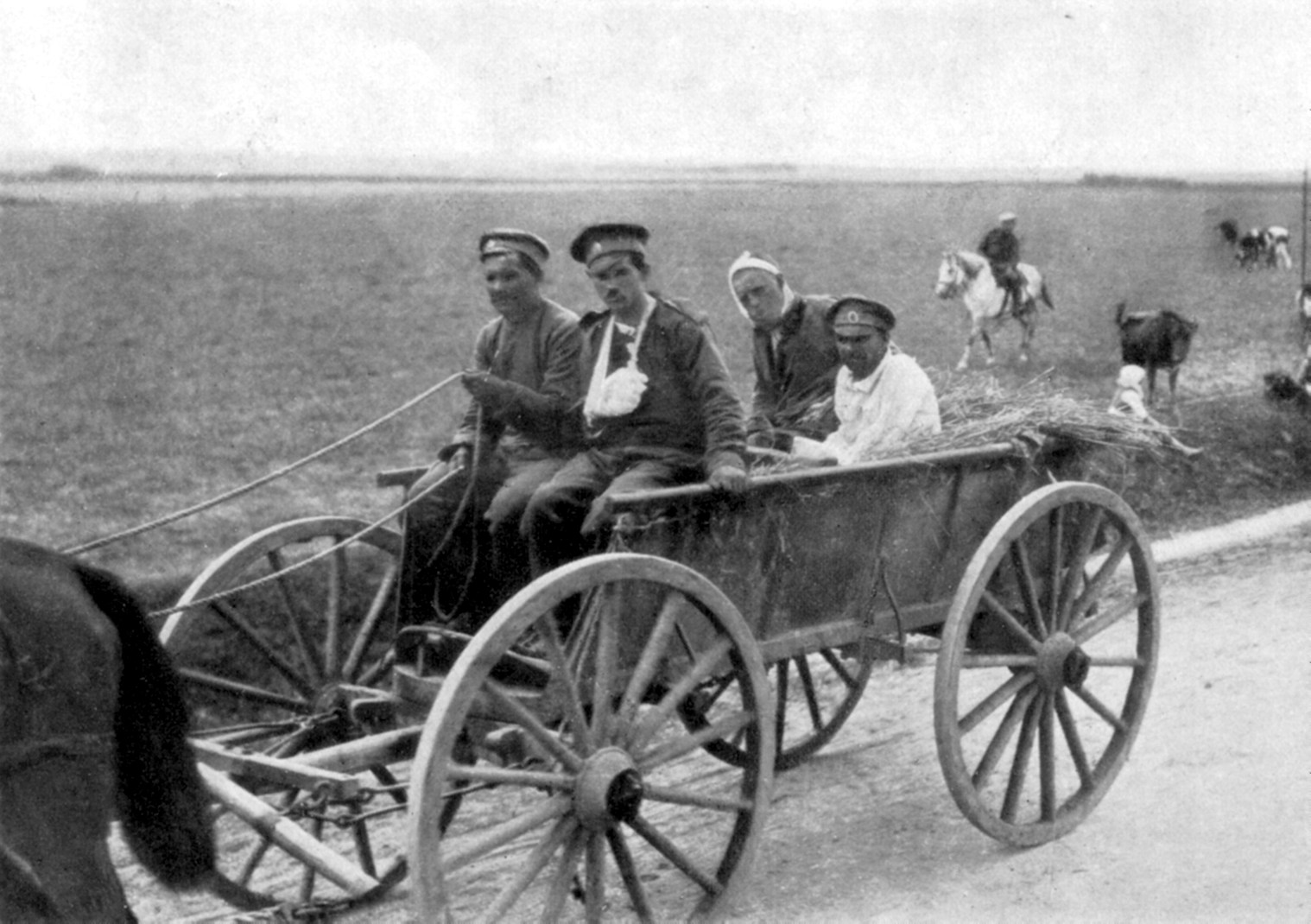|
Józef Unszlicht
Józef Unszlicht or Iosif Stanislavovich Unshlikht (; nicknames "Jurowski", "Leon"; 31 December 1879 – 29 July 1938) was a Polish and Russian revolutionary activist, a Soviet government official and one of the founders of the Cheka. Biography Unszlicht was born on 31 December 1879. He was born in Mława, Płock Governorate, Congress Poland, in a Jewish family. He joined the revolutionary movement in 1896, as a student in Warsaw studying electrical engineering. In 1900, he joined the Social Democracy of the Kingdom of Poland and Lithuania (SDKPiL), led by Rosa Luxemburg and Leo Jogiches. For his conspiratorial activities in Warsaw and Łódź, he was arrested seven times in 1902–13. In 1911, he joined the ''rozlamovists'', a group of mainly younger SDPKiL members, led by Yakov Ganetsky, who opposed Jogiches' leadership methods, and who were close to Vladimir Lenin and the Bolsheviks. The split became so acrimonious that the SDPKiL leadership accused Unszlicht of being a poli ... [...More Info...] [...Related Items...] OR: [Wikipedia] [Google] [Baidu] [Amazon] |
Mława
Mława (; ''Mlave'') is a town in north-eastern Poland with 30,403 inhabitants in 2020. It is the capital of Mława County. It is situated in the Masovian Voivodeship. During the invasion of Poland in 1939, the battle of Mława was fought to the north of the city. History The first mention of Mława comes from July 2, 1426, when three princes of Mazovia - Siemowit V, Trojden II and Władysław I came here to a session of a local court. It is not known if Mława had already been an urban center, as there are no sources which would prove it. Three years later, Mława was incorporated as a town It was a royal town, located in the Płock Voivodeship in the Greater Poland Province. In 1521 during the Polish-Teutonic War, the town was captured and looted by the Teutonic Knights. In 1659 the town was burned by the Swedish troops, and in 1795, following the Third Partition of Poland, Mława became part of the Kingdom of Prussia. In 1807 it was included in the short-lived Polish Duc ... [...More Info...] [...Related Items...] OR: [Wikipedia] [Google] [Baidu] [Amazon] |
Leo Jogiches
Leon "Leo" Jogiches (Russian: Лев "Лео" Йогихес; 17 July 1867 – 10 March 1919), also commonly known by the party name Jan Tyszka, was a Polish Marxist revolutionary and politician, active in Poland, Lithuania, and Germany. Jogiches was a founder of the political party known as the Social Democracy of the Kingdom of Poland and Lithuania (main forerunner of the Communist Party of Poland) in 1893 and a key figure in the underground Spartacus League in Germany, the predecessor of the Communist Party of Germany, during the years of World War I. For many years the personal companion and a close political ally of internationally famous revolutionary Rosa Luxemburg, Jogiches was assassinated in Berlin by right-wing paramilitary forces in March 1919 while investigating Luxemburg's and Liebknecht's murder some weeks before. Early life Leon Jogiches was born on 17 July 1867 to a wealthy Polish-Jewish family in Vilnius, now Lithuania, then part of the Russian Empire.J.P. Ne ... [...More Info...] [...Related Items...] OR: [Wikipedia] [Google] [Baidu] [Amazon] |
Vilnius
Vilnius ( , ) is the capital of and List of cities in Lithuania#Cities, largest city in Lithuania and the List of cities in the Baltic states by population, most-populous city in the Baltic states. The city's estimated January 2025 population was 607,667, and the Vilnius urban area (which extends beyond the city limits) has an estimated population of 747,864. Vilnius is notable for the architecture of its Vilnius Old Town, Old Town, considered one of Europe's largest and best-preserved old towns. The city was declared a World Heritage Site, UNESCO World Heritage Site in 1994. The architectural style known as Vilnian Baroque is named after the city, which is farthest to the east among Baroque architecture, Baroque cities and the largest such city north of the Alps. The city was noted for its #Demographics, multicultural population during the Polish–Lithuanian Commonwealth, with contemporary sources comparing it to Babylon. Before World War II and The Holocaust in Lithuania, th ... [...More Info...] [...Related Items...] OR: [Wikipedia] [Google] [Baidu] [Amazon] |
Belarus
Belarus, officially the Republic of Belarus, is a landlocked country in Eastern Europe. It is bordered by Russia to the east and northeast, Ukraine to the south, Poland to the west, and Lithuania and Latvia to the northwest. Belarus spans an area of with a population of . The country has a hemiboreal climate and is administratively divided into Regions of Belarus, six regions. Minsk is the capital and List of cities and largest towns in Belarus, largest city; it is administered separately as a city with special status. For most of the medieval period, the lands of modern-day Belarus was ruled by independent city-states such as the Principality of Polotsk. Around 1300 these lands came fully under the Grand Duchy of Lithuania and subsequently by the Polish–Lithuanian Commonwealth; this period lasted for 500 years until the Partitions of Poland, 1792-1795 partitions of Poland-Lithuania placed Belarus within the Belarusian history in the Russian Empire, Russian Empire for the fi ... [...More Info...] [...Related Items...] OR: [Wikipedia] [Google] [Baidu] [Amazon] |
Lithuania
Lithuania, officially the Republic of Lithuania, is a country in the Baltic region of Europe. It is one of three Baltic states and lies on the eastern shore of the Baltic Sea, bordered by Latvia to the north, Belarus to the east and south, Poland to the south, and the Russian exclave, semi-exclave of Kaliningrad Oblast to the southwest, with a Maritime boundary, maritime border with Sweden to the west. Lithuania covers an area of , with a population of 2.89 million. Its capital and largest city is Vilnius; other major cities include Kaunas, Klaipėda, Šiauliai and Panevėžys. Lithuanians who are the titular nation and form the majority of the country's population, belong to the ethnolinguistic group of Balts and speak Lithuanian language, Lithuanian. For millennia, the southeastern shores of the Baltic Sea were inhabited by various Balts, Baltic tribes. In the 1230s, Lithuanian lands were united for the first time by Mindaugas, who formed the Kingdom of Lithuania on 6 July ... [...More Info...] [...Related Items...] OR: [Wikipedia] [Google] [Baidu] [Amazon] |
July Days
The July Days () were a period of unrest in Petrograd, Russia, between . It was characterised by spontaneous armed demonstrations by soldiers, sailors, and industrial workers engaged against the Russian Provisional Government. The demonstrations were angrier and more violent than those during the February Revolution months earlier. The Provisional Government blamed the Bolsheviks for the violence brought about by the July Days and in a subsequent crackdown on the Bolshevik Party, the party was dispersed, many of the leadership arrested. Vladimir Lenin fled to Finland, while Leon Trotsky was among those arrested. The outcome of the July Days represented a temporary decline in the growth of Bolshevik power and influence in the period before the October Revolution. Background ''Note: Dates given in this article reference the Julian Calendar, which was used in Russia until .'' Growing support for the Bolshevik Party In April 1917, Lenin gave his April Theses, declarin ... [...More Info...] [...Related Items...] OR: [Wikipedia] [Google] [Baidu] [Amazon] |
Petrograd
Saint Petersburg, formerly known as Petrograd and later Leningrad, is the second-largest city in Russia after Moscow. It is situated on the River Neva, at the head of the Gulf of Finland on the Baltic Sea. The city had a population of 5,601,911 residents as of 2021, with more than 6.4 million people living in the metropolitan area. Saint Petersburg is the fourth-most populous city in Europe, the most populous city on the Baltic Sea, and the world's northernmost city of more than 1 million residents. As the former capital of the Russian Empire, and a historically strategic port, it is governed as a federal city. The city was founded by Tsar Peter the Great on 27 May 1703 on the site of a captured Swedish fortress, and was named after the apostle Saint Peter. In Russia, Saint Petersburg is historically and culturally associated with the birth of the Russian Empire and Russia's entry into modern history as a European great power. It served as a capital of the Tsardom o ... [...More Info...] [...Related Items...] OR: [Wikipedia] [Google] [Baidu] [Amazon] |
Soviet (council)
A soviet (, , ) is a workers' council that follows a socialist ideology, particularly in the context of the Russian Revolution. Soviets were the main form of government in the Russian SFSR and the Makhnovshchina. The first soviets were established during the 1905 Revolution in the late Russian Empire. In 1917, following the February Revolution, a state of dual power emerged between the Russian Provisional Government and the soviets. This ended later that year with the October Revolution, during which the Second Congress of Soviets proclaimed itself as the supreme governing body of the country. Because soviets gave the name to the later Soviet Union, they are frequently associated with the state's establishment. However, the term may also refer to any workers' council that is socialist, such as the Irish soviets. Soviets do not inherently need to adhere to the ideology of the Soviet Union. Etymology "Soviet" is derived from a Russian word meaning council, assembly, advi ... [...More Info...] [...Related Items...] OR: [Wikipedia] [Google] [Baidu] [Amazon] |
Irkutsk
Irkutsk ( ; rus, Иркутск, p=ɪrˈkutsk; Buryat language, Buryat and , ''Erhüü'', ) is the largest city and administrative center of Irkutsk Oblast, Russia. With a population of 587,891 Irkutsk is the List of cities and towns in Russia by population, 25th-largest city in Russia by population, the fifth-largest in the Siberian Federal District, and one of the largest types of inhabited localities in Russia, cities in Siberia. Located in the south of the eponymous oblast, the city proper lies on the Angara River, a tributary of the Yenisei River, Yenisei, about 850 kilometres (530 mi) to the south-east of Krasnoyarsk and about 520 kilometres (320 mi) north of Ulaanbaatar. The Trans-Siberian Highway (Federal M53 and M55 Highways) and Trans-Siberian Railway connect Irkutsk to other regions in Russia and Mongolia. Many distinguished Russians were sent into exile in Irkutsk for their part in the Decembrist revolt of 1825, and the city became an exile-post for the ... [...More Info...] [...Related Items...] OR: [Wikipedia] [Google] [Baidu] [Amazon] |
Siberia
Siberia ( ; , ) is an extensive geographical region comprising all of North Asia, from the Ural Mountains in the west to the Pacific Ocean in the east. It has formed a part of the sovereign territory of Russia and its predecessor states since the lengthy conquest of Siberia, which began with the fall of the Khanate of Sibir in 1582 and concluded with the annexation of Chukotka in 1778. Siberia is vast and sparsely populated, covering an area of over , but home to roughly a quarter of Russia's population. Novosibirsk, Krasnoyarsk, and Omsk are the largest cities in the area. Because Siberia is a geographic and historic concept and not a political entity, there is no single precise definition of its territorial borders. Traditionally, Siberia spans the entire expanse of land from the Ural Mountains to the Pacific Ocean, with the Ural River usually forming the southernmost portion of its western boundary, and includes most of the drainage basin of the Arctic Ocean. I ... [...More Info...] [...Related Items...] OR: [Wikipedia] [Google] [Baidu] [Amazon] |
February Revolution
The February Revolution (), known in Soviet historiography as the February Bourgeois Democratic Revolution and sometimes as the March Revolution or February Coup was the first of Russian Revolution, two revolutions which took place in Russia in 1917. The main events of the revolution took place in and near Petrograd (now Saint Petersburg), the then-capital of Russia, where long-standing discontent with the monarchy erupted into mass protests against food rationing on 23 February Old Style and New Style dates, Old Style (8 March Old Style and New Style dates, New Style). Revolutionary activity lasted about eight days, involving mass demonstrations and violent armed clashes with police and Special Corps of Gendarmes, gendarmes, the last loyal forces of the Russian monarchy. On 27 February O.S. (12 March N.S.), most of the forces of the capital's garrison sided with the revolutionaries. In the same day, the Russian Provisional Government, made up by left-leaning State Duma (Russ ... [...More Info...] [...Related Items...] OR: [Wikipedia] [Google] [Baidu] [Amazon] |
Bolsheviks
The Bolsheviks, led by Vladimir Lenin, were a radical Faction (political), faction of the Marxist Russian Social Democratic Labour Party (RSDLP) which split with the Mensheviks at the 2nd Congress of the Russian Social Democratic Labour Party, Second Party Congress in 1903. The Bolshevik party, formally established in 1912, seized power in Russia in the October Revolution of 1917, and was later renamed the Russian Communist Party, All-Union Communist Party, and ultimately the Communist Party of the Soviet Union. Its ideology, based on Leninism, Leninist and later Marxism–Leninism, Marxist–Leninist principles, became known as Bolshevism. The origin of the RSDLP split was Lenin's support for a smaller party of professional revolutionaries, as opposed to the Menshevik desire for a broad party membership. The influence of the factions fluctuated in the years up to 1912, when the RSDLP formally split in two. The political philosophy of the Bolsheviks was based on the Leninist pr ... [...More Info...] [...Related Items...] OR: [Wikipedia] [Google] [Baidu] [Amazon] |







